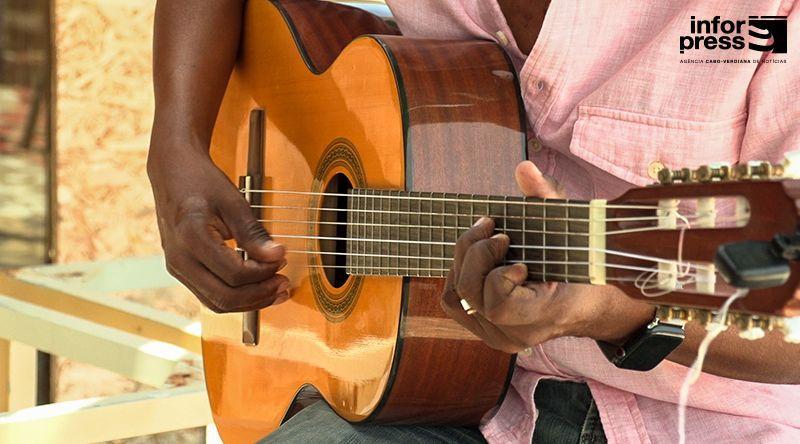Africa-Press – Cape verde. The lack of space for traditional music at the country’s major festivals is a concern expressed by some musicians, who have already received assurances from the government of concrete actions to strengthen this genre at cultural events.
Bob Mascarenhas is one of the artists of this musical genre who is demanding a space at festivals, believing it to be one of the main expressions of the country’s cultural identity.
The musician and composer argues, in statements to Inforpress, that if you find at least two traditional music artists performing at festivals in Cape Verde, it’s already a “great victory,” but, he laments, “not even that is happening.”
According to the artist, known for his “uncompromising” defense and promotion of traditional music, “the stages are only geared towards commercial music,” which has led many traditional musicians to organize their own events.
“If we don’t get up to create our own festival, we won’t have a stage. That’s why most are creating their own festivals to be able to make a living,” he says, adding that “neither the Ministry of Culture nor other institutions are supporting projects related to traditional music.”
Bob Mascarenhas also warns of what he considers a “decline in Cape Verdean music” in recent years, associating the situation with a “lack of cultural education” and the absence of public policies to encourage it.
In turn, musician and composer Zé Rui de Pina shares the same concern and advocates for greater investment in the training and appreciation of traditional music.
“Cape Verde is known for its culture, and we should dedicate ourselves more to our music, which is our identity and our greatest resource,” he emphasizes, pointing to the absence of a music university in the country.
The artist believes that, currently, “young people are more focused on what is fashionable” and that “musical quality has been left behind.” He denounced that he was once told by one of the promoters that his music “is not suitable” to sing at a festival like Gamboa.
“I’ve had a producer tell me that my songs aren’t suitable for the Gamboa Festival, imagine, a local artist who can’t sing the music of his land,” he lamented.
In response to criticism regarding the limited presence of this style at national festivals and events, the Minister of Culture and Creative Industries, Augusto Veiga, assures that the predominance of other musical styles at festivals, to the detriment of traditional music, is a concern shared by the Government.
“It’s a situation that worries me a great deal; more than 90% of festivals are organized by municipalities, and we have seen a predominance of other musical styles. It’s a fight we have to wage together, to align the festivals and guarantee more space for traditional music,” he says.
The minister also reveals that the Government is developing a project with the World Bank to create a pre-conservatory of music, aimed at young people from Cape Verde and West Africa.
The objective is to later advance to the creation of a conservatory and, subsequently, a music university.
“We want to present, at the beginning of next year, a project called Campos da Cultura (Culture Fields), which will include the conservatory. But, for that, we need to build a whole system, from the base, from primary schools all the way to the conservatory,” he explains.
Augusto Veiga also assures that there are joint efforts with the Ministry of Education to structure a long-term cultural and creative training program, with a planned duration of five years.
Despite criticism from some artists, the minister rejects the idea of a decline in traditional music.
“I think the creativity of Cape Verdean artists has increased. We have more young people making music and more names representing Cape Verde than before,” he argues.
Augusto Veiga further emphasizes that music and culture continue to be “Cape Verde’s greatest calling card in the world” and adds that the ministry is negotiating with the municipal councils to define schedules and value national artists at festivals, including in terms of remuneration.
“Without a doubt, our music and our culture are Cape Verde’s greatest ambassador. That’s why we are working to ensure that Cape Verdean artists are more valued and that traditional music has the space it deserves,” he concludes.
For More News And Analysis About Cape verde Follow Africa-Press






